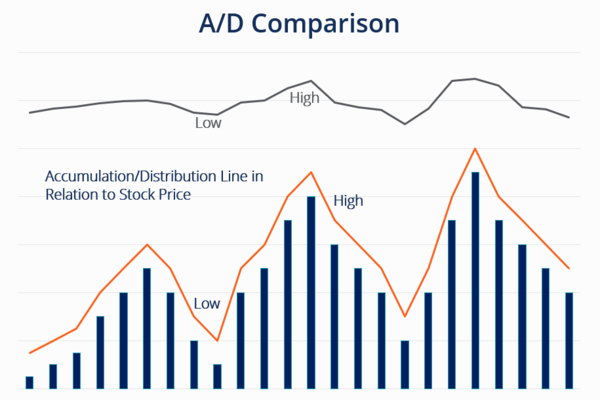Anyone who has worked hard in the forex market for many years
should have experienced several painful losses. But don't lose heart; most
successful investors lose more money each year than they earn. The secret to its
success lies in maximizing successful positions and minimizing losses. Most
investors always experience this kind of experience in different situations:
"Why am I so unlucky? I always make mistakes! In fact, almost every investor has
experienced this kind of experience. Investors who claim to have never failed in
the forex market or to have never "owed" in any transaction are
either lying or have never been exposed to the forex market.
What should an investor do when they suffer consecutive losses in the forex market and their hopes of profitability are gradually fading? The
following are some summarized experiences for everyone to learn from.
Don't panic; losses are normal in trading, and no one can predict market
trends 100% accurately. It is important to remain calm and not make impulsive
decisions. Accepting losses is a part of forex speculation, and the
key is to learn from them.
Evaluate your trading strategy. Continuous losses may indicate a problem with
your trading strategy. Review your past trading records to see if there are any
obvious errors or inconsistencies. Consider whether adjustments or improvements
are needed to your strategy. Sometimes, a simple mistake or excessive
impulsiveness can lead to continuous losses, so make sure you always follow your
strategy and discipline when trading. If you can keep a good trading diary, you
can trace back to the source, identify clues to failure and success, and make
timely adjustments.
Continuous losses may be due to your failure to properly manage risks. Ensure
that you use appropriate stop-loss orders in each transaction and set a
reasonable level of risk. Don't take risks and pursue high returns; focus on
protecting your capital. risk management is the key to successful trading;
ensure that you adhere to strict risk management principles during trading. Do
not trade excessively. If you trade multiple sets of currencies at the same time
and suffer consecutive losses, why not shorten the front line and concentrate on
trading one or two sets of currencies? This way, you can keep up with the market
and better monitor the quality of your orders. Moreover, your funds will not
rapidly flow away.
In addition, expand your knowledge and skills. Learn to learn from losses,
understand market trends, and use various analytical tools. Participate in
training courses or seminars on forex trading and exchange
experiences with other traders. Continuously learning and improving your skills
can help you better cope with continuous losses.
Finally, maintain a positive mindset. Continuous losses may bring pressure
and negative emotions, but do not let them affect your trading decisions. Have
confidence in your investment philosophy. If you don't have confidence in your
investment philosophy, why? If your investment method really doesn't work,
change it. Maintain a positive mindset and optimistic attitude, believe in one's
own abilities, and believe that losses are only temporary. Success awaits you
ahead.
If you can't study the market diligently, don't expect to make money in the
forex market. How much do you know about the fundamentals of the
currency being traded? Even if your technical analysis is highly skilled, you
should at least have a good understanding of its fundamentals. If you want to
know what advice I have for that brother who suffered a heavy loss, I want to
say: don't give up easily. Realizing that you need help before losing all your
assets is the first step in turning things around. The road ahead is far ahead;
as long as one is humble and cautious, studies hard, and makes continuous
progress, there is hope of regaining lost ground and moving towards success.
Disclaimer: This material is for general information purposes only and is not intended as (and should not be considered to be) financial, investment or other advice on which reliance should be placed. No opinion given in the material constitutes a recommendation by EBC or the author that any particular investment, security, transaction or investment strategy is suitable for any specific person.






